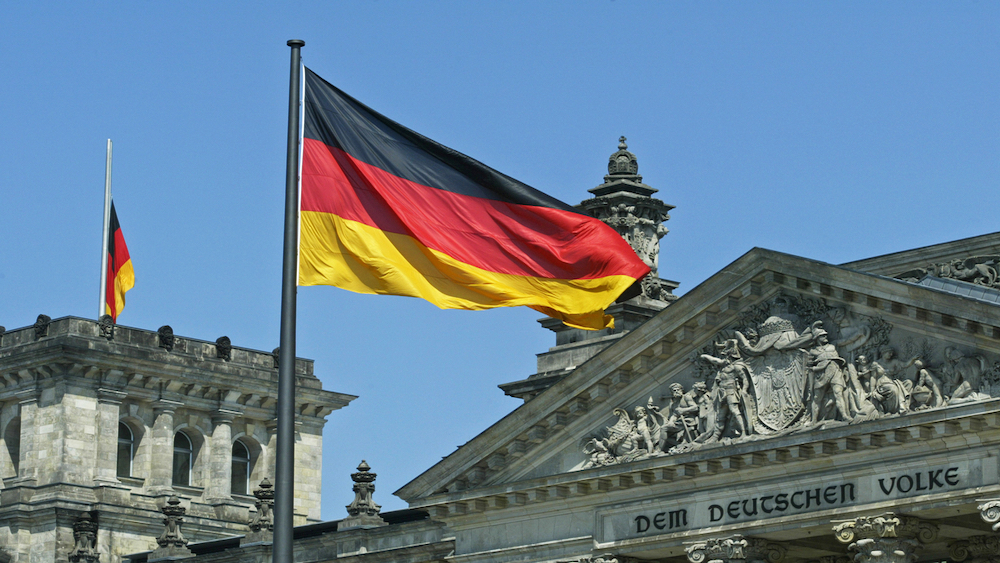Slots engagement continued to grow in Germany according to the latest figures from Gemeinsame Glücksspielbehörde der Länder (GGL).
The German regulator released the country’s first quarterly gambling market analysis, which detailed that just shy of €1.1bn was staked on virtual slots in the first quarter of 2025, rising to €1.12bn in the following quarter.
The overall value of stakes across the monitored verticals, which also included online and retail sports betting, as well as online horse racing betting, decreased as the year progressed.
Players staked a total of over €3.5bn in Q1, falling to €3.2bn in Q2.
Gaming reform
At the heart of the move to release the data is to “ensure greater transparency in the legal gambling market” and “regularly inform the public and political decision-makers about market developments”.
Furthermore, the data is aiming to fuel debate around the impact of the State Treaty on Gaming 2021 (GlüStV), which introduced a new German licence for providers of online gaming and sports betting.
Among the reforms were monthly deposit limits for online casinos, set at €1,000 per player across all platforms, and a €1 stake limit on online slots.
Alongside this, a 5% stake-based tax was levied on online operators, as well as advertising restrictions.
Critics of the regulation have warned that the stringent measures introduced have emboldened the country’s black market.
Although the GGL claims that the black market represents 25% of Germany’s total gaming market, reports elsewhere suggest that this figure is closer to 50%.
Figures released by the regulator at the end of 2024 revealed that the sector generated gross gaming revenue of €14.4bn for the year, up 5% compared to the previous year.
However, given the estimated size of the black market, it would appear that the overall market is worth much more.
Fighting unregulated operators
The GGL noted in its 2024 Activity Report that there remained 858 German-language sites operated by 212 unlicensed operators.
The regulator also confirmed that it had removed 231 illegal sites out of 1,700 reviewed, and a further 657 illegal sites were prohibited based on automated geo-blocking initiatives.
In March, the GGL called for more impactful measures to combat the black market following a review of its Google partnership.

















